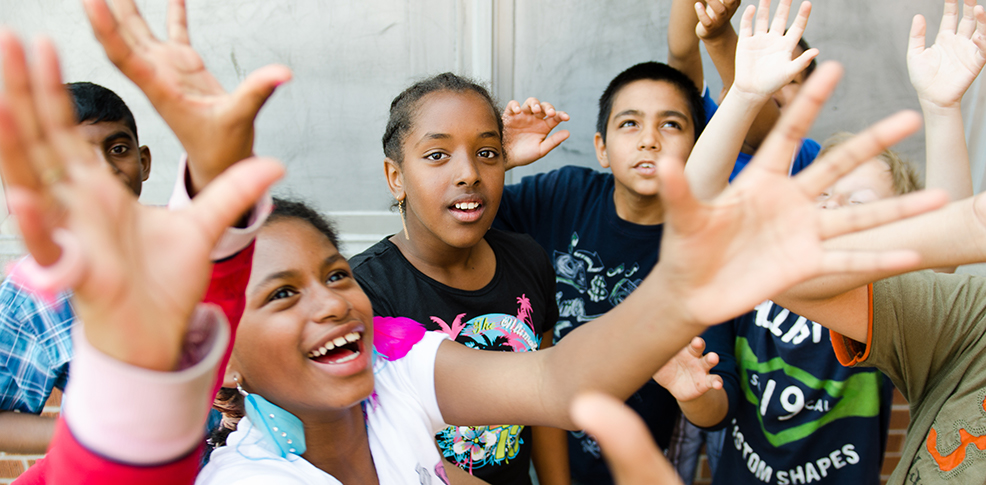About this Site


Learning Stories
Come and join us as we look into the junior/intermediate classroom and observe children learning through play.
Rediscover for yourself the delightful experience of children actively investigating the curriculum.
Objectives
Our mandate is to provide proven tips and strategies for how to be engaged in learning and to succeed in life and in school. As well, we show you where learning through play fits into the junior/intermediate classroom.
Creating an Inclusive Learning Community
It is important to remember that every teacher and every student bring a unique set of experiences and skills to the classroom culture. Classroom culture can be a wonderful mix of diversity but there must be a common meeting point. That vital commonality comes from a consensus on how students will work together in the classroom.
The teacher facilitates this environment by making every child feel valued and encouraged to learn from one another they can work together and become critical thinkers, problem-solvers and ultimately become life-long learners. The classroom is rooted in a learning community that includes everyone despite cultural differences, age differences or grade differences. Students share a common set of beliefs about how to interact with others and how to learn effectively.
How do I create an all-inclusive learning community where all of the children will learn at their own individual rate and in their own unique way?
In an inclusive learning community, students are:
- Included and genuinely appreciated by both teacher and peers;
- Respected and celebrated for their diversity and differences as students, human beings and citizens;
- Valued for demonstrating good character and citizenship both in and out of the classroom;
- Actively involved in each other’s learning; and
- Motivated to succeed in a secure environment that thrives on positive reinforcement.
Learning Stories
With Learning Stories, we take you inside the classroom to show you self-directed learning in action. Through these stories, you will discover how educators support student learning with purposeful planning and decision-making.
You will find information to help you make informed decisions for optimizing learning through play. You will also learn time requirements, materials and steps for organizing your classroom.
By planning time for children to actively engage in learning, educators are able to observe students and gain insight into their choices, interests and needs. This knowledge is invaluable to determine the best strategies for addressing individual and group challenges.
Play-based learning is not just for students. It is also an invitation for educators to support classroom learning by engaging in an exciting process of discovery as we explore a vibrant, meaningful and inspired means of exploring the curriculum. Playful, joyful learning for all!



